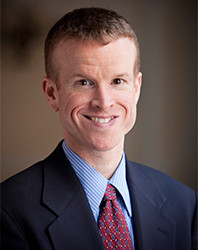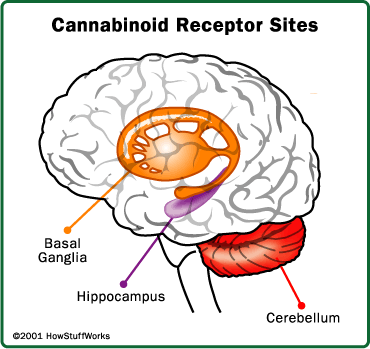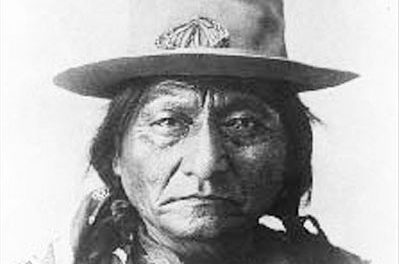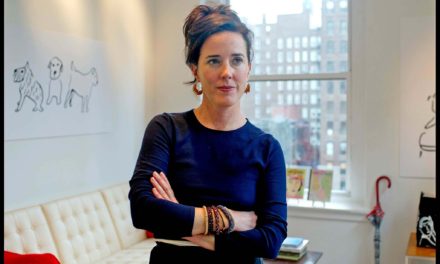Kevin Hill’s paper in JAMA March 14, “Cannabis Use and Risk for Substance Use Disorders and Mood or Anxiety Disorders,” caught the attention of Diane Dickinson, MD. Hill is an addiction specialist at McLean Hospital, an affiliate of Harvard Medical School. He begins with an expression of concern:
“Health care professionals often are concerned about whether cannabis use will lead to psychiatric illnesses such as substance use disorders, anxiety disorders, or mood disorders among their patients. Many stakeholders are concerned that an association between cannabis use and psychiatric illnesses will lead to a steady increase in these illnesses as more states implement medical or recreational cannabis legalization policies…”
Surely Kevin Hill must have known going in that cannabis is a relatively benign substitute for alcohol and opiates, and that it’s widely used to counter anxiety and depression, and that people who don’t like the effect on mood stop using cannabis. What he’s really telling his colleagues is that legalization could mean “a steady increase” in prospective customers, thanks to the “medical condition” known as Cannabis Use Disorder and/or Marijuana Dependence.
Hill cites a paper by Blanco et al purporting to show that Cannabis users are 9.5 times more likely to develop a cannabis use disorder than non-users, 2.7 times more likely to develop an alcohol use disorder, 1.7 times more likely to develop a nicotine disorder and 2.6 times more likely to develop any other kind of substance abuse disorder.
Hill writes “Adult cannabis use has increased steadily while the perception of risk for cannabis has declined,” as if the two phenomena just happened to occur in chronological parallel. In fact, the perception of risk for cannabis has declined as more and more people have become legal medical users, and their friends and loved ones have been able to judge the effects for themselves.
The McLean Hospital website informs us:
“Kevin Hill, MD, MHS, is an addiction psychiatrist conducting clinical research aimed at developing medications and behavioral interventions that might help those who want to stop smoking marijuana or cigarettes. Dr. Hill received a prestigious federal K99/R00 grant award from the National Institute on Drug Abuse: his project is to test the efficacy of a synthetic marijuana-like compound, nabilone, as a medication for patients with marijuana dependence.
Dr. Hill earned a Masters in Health Science from the Robert Wood Johnson Clinical Scholars Program at Yale and has published on numerous topics in addiction.”
The Robert Wood Johnson Foundation is the leading NGO funder of marijuana prohibition —a front for Big PhRMA. Nabilone is a compound developed by Eli Lilly in the 1970s that mimics the effects of THC. Using Nabilone as a treatment for “marijuana dependence” is a blatantly insane idea.
Kevin Hill makes a cameo appearance in Dr. Lester Grinspoon’s revealing memoir, “Harvard, Marijuana and Me.” When Grinspoon, a distinguished professor emeritus of psychiatry, was asked to give a talk at Harvard Medical School in 2013, Hill was brought in to provide the neoprobe viewpoint. As Grinspoon recounts:
“in 2013 I received an invitation to write a short piece on cannabinopathic medicine for Harvard Medicine, a magazine published by the medical school.
“For a moment I excitedly thought that, finally, the medical school was catching up with a modern, data-based understanding of cannabis as a medicine and that perhaps I was being rehabilitated.
“But, alas, the piece was to be published alongside one which would express a counter view by Dr. Kevin Hill, who heads up the Drug Rehabilitation Center at McLean.As though I were writing on evolution and that demanded a companion piece on creationism!
“Shortly thereafter, I was invited to give a talk on marijuana as a medicine at the ‘Talks at Twelve,’ a program held at noon to facilitate attendance by people from the medical school proper and all of the associated teaching hospitals.
“Again, I was disappointed to learn that I would have only a fraction of the hour because there was to be a ‘counter’ presentation by Kevin Hill…
The chair terminated the program on the hour but asked us if we could stay to answer questions. Two people came forward to ask Dr. Hill questions and he was through in a couple of minutes. There were several dozen enthusiastic young to middle-aged people in line who wished to ask me a question, just say hello, autograph a book, or have a cell-phone picture taken of the two of us.
For me, this 35-minute epilogue made the experience seem very worthwhile. It gave me hope that with the passing of my generation, the anti-cannabis culture, which permeates Harvard Medical School and allopathic medicine in general, will disappear and medical students and physicians will have the opportunity to learn what this remarkably non-toxic and versatile medicine has to offer.
Inevitably, psychotherapists in the Treatment Racket will realize there’s money to be made by providing cannabis as a substitute for opioids and alcohol. The Orthodox will decree that CBD is kosher, and then some Reform types will advocate adding “a little THC…” —Cassandra Lipsky





